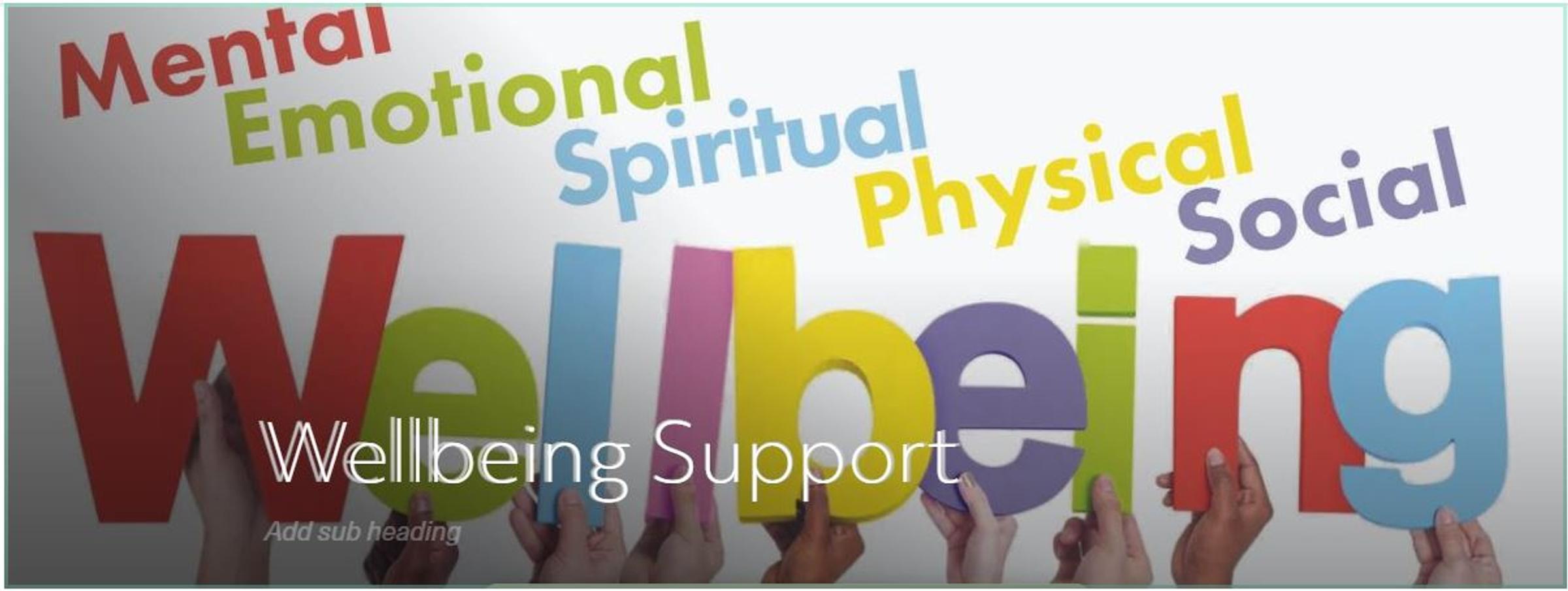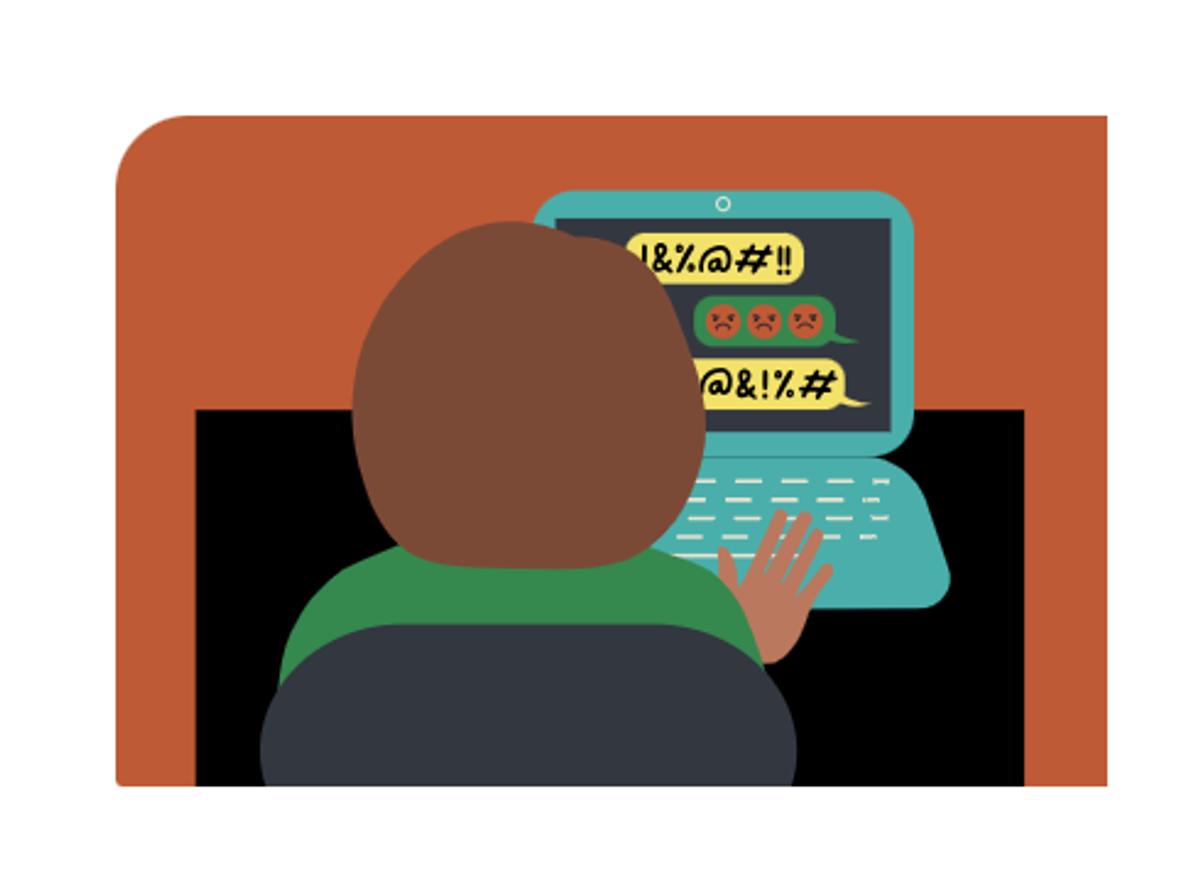Wellbeing

Digital Safety: A Guide for Parents and Carers
In today's world, digital technology is deeply woven into our everyday routines—from school to work, social interaction, and leisure. As children grow up in this environment, it’s crucial for parents and carers to take an active role in helping them use technology safely and responsibly.
What can we do to support our kids online?
This is where digital safety, also known as cyber safety, becomes essential.
Digital safety refers to the strategies and habits that protect young people when using the internet, mobile apps, gaming platforms, and other digital tools. It involves encouraging respectful online behaviour, managing screen time, safeguarding personal details, and preventing harmful or risky interactions.
Studies show that when parents engage in their child’s online activity—by being curious, asking questions, modelling appropriate use, or even playing games together—it helps build trust and awareness around safe practices. Being present and involved online sends a strong message of care and support.
Ideally, digital safety education should begin early, setting a solid base for children to grow into capable and thoughtful digital citizens.
Some simple ways to open up healthy conversations about online safety include:
- Ask them about their favourite apps or games, and who they connect with while using them
- Talk about what they could do if something online makes them feel uncomfortable or unsafe
- Establish screen-free times or areas in the home, like during dinner or family activities
- Create shared tech boundaries and revisit them regularly together
- Remind them that everything they post creates a lasting digital presence and to treat others with kindness online
Be mindful of signs that might suggest a child is struggling with their online experience:
They quickly hide their screen or avoid discussing what they’re doing online
You notice unexpected mood swings or a sudden change in behaviour
There are mysterious charges on accounts or devices
They begin to withdraw from friends, schoolwork, or usual interests
At St Peter's, our Counselling Team is here to support both students and families in navigating the challenges and responsibilities of life online and offline. We’re committed to providing inclusive and accessible support to every young person in our care.
For guidance or support, please contact our Counsellors:
Clyde North Campus: Ernie, Michelle & Sara– (03) 5990 7777
- Cranbourne Campus: Karyn, Nadia & Nicole – (03) 5990 7777
Need urgent help?
Kids Helpline – 1800 551 800
Lifeline – 13 11 14
- Emergency – 000
Helpful Resources:
Evolve Education – Tips for parents and carers about youth online safety https://evolve-edu.com.au/
Playing IT Safe – Play-based resources and activity sheets for young learners https://playingitsafe.org.au/
eSafety Commissioner – Guides for parents about apps like TikTok, Roblox, Snapchat and more https://www.esafety.gov.au/
- ThinkUKnow Australia – Information provided by the Australian Federal Police about online safety, digital consent, and exploitation prevention https://www.thinkuknow.org.au/
Wellbeing Team
St Peter's College.

